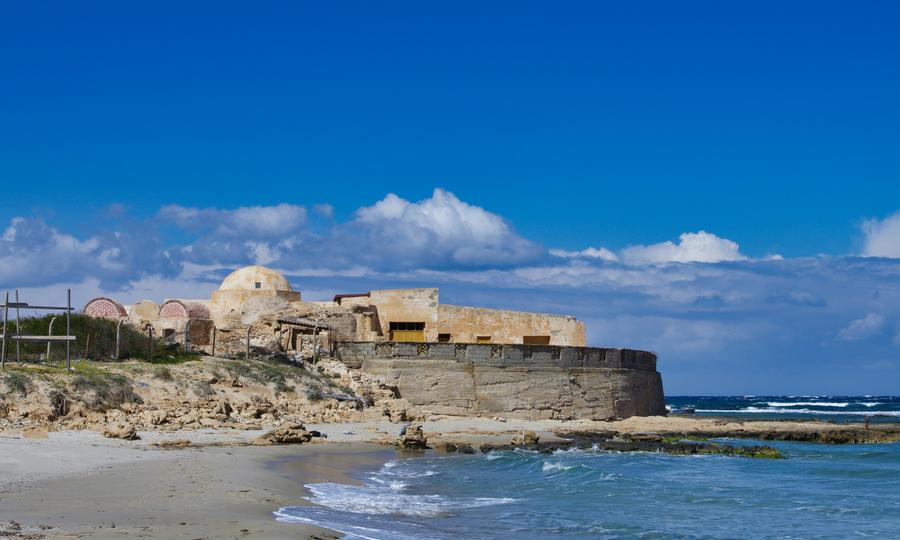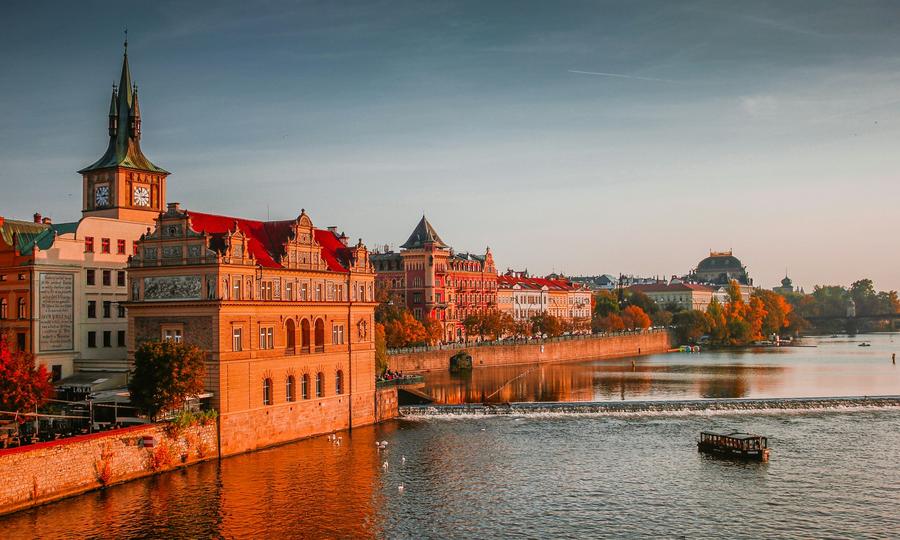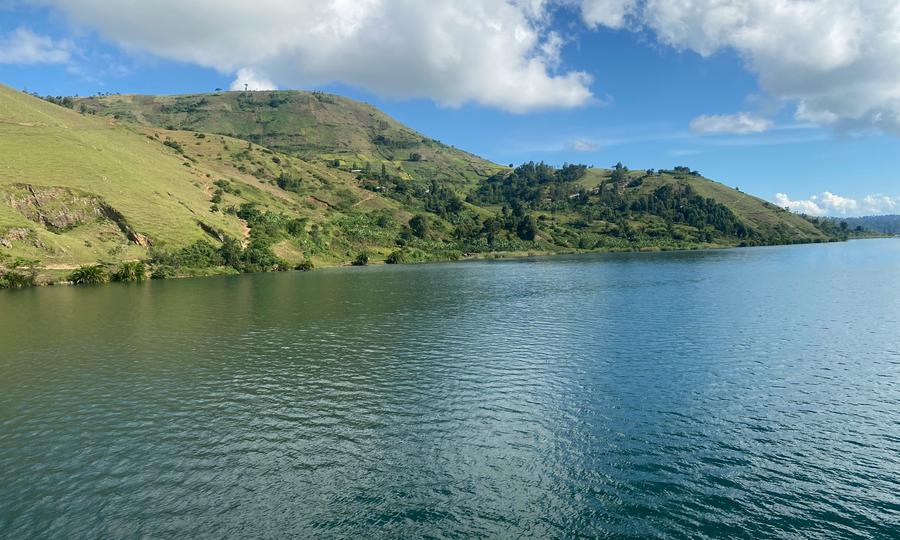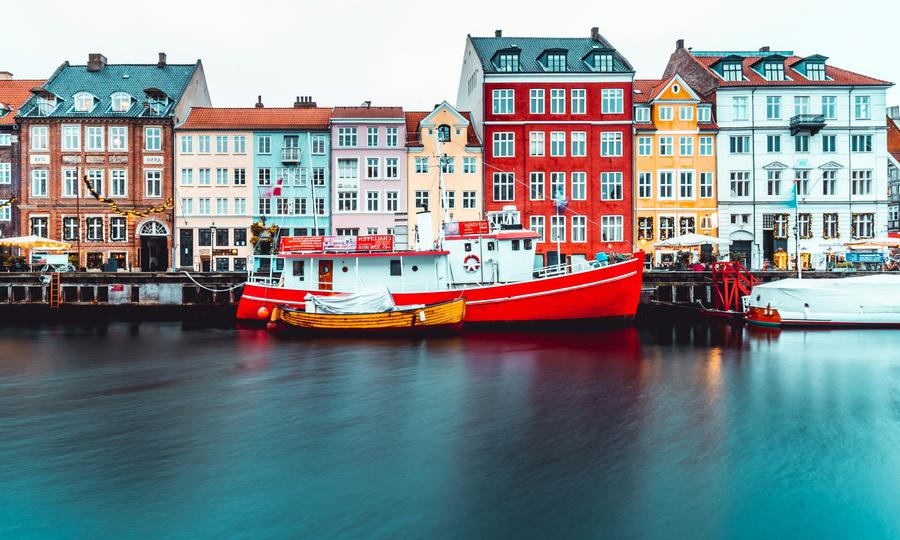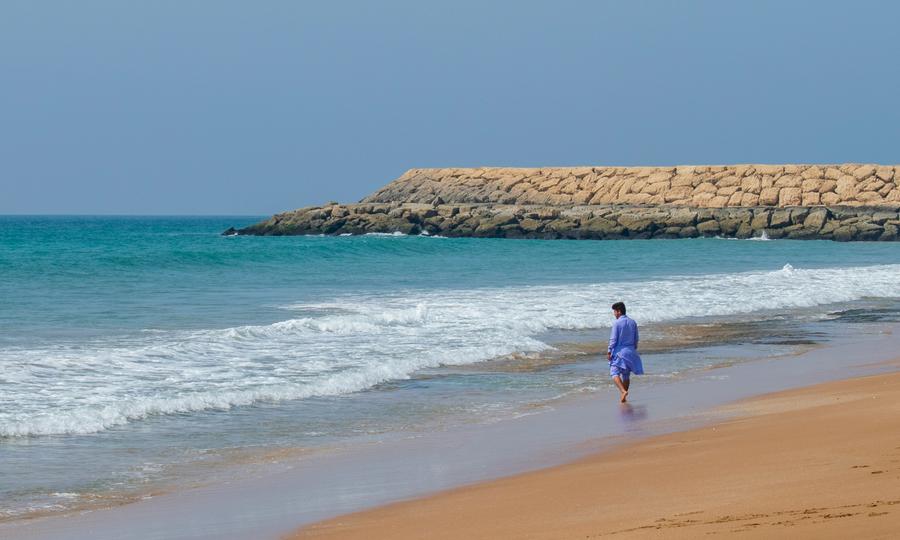Introduction
Libya, a North African nation renowned for its Mediterranean coastline and ancient historical sites, offers a unique blend of natural beauty and cultural richness. This comprehensive guide delves into the legal framework, cultural considerations, and practical advice for those considering such activities in Libya.

Legal Stance on Nudism
In Libya, public nudity is prohibited by law. The country's legal system, deeply rooted in conservative Islamic principles, views public nudity as a violation of public decency and morality. Engaging in such behavior can lead to severe legal consequences, including fines, imprisonment, or deportation for foreign nationals.
Designated Nudist Beaches
Libya does not have any officially designated nudist or clothing-optional beaches. All public beaches adhere to strict dress codes aligned with Islamic values, emphasizing modesty. Engaging in nudism on these beaches is not only culturally insensitive but also illegal.
Guidelines and Etiquette for Nudist Beaches
While Libya does not accommodate nudist practices, understanding general guidelines and etiquette is beneficial for travelers exploring naturist destinations elsewhere:
- Research Local Laws: Before visiting any beach, ensure that nudism is legally permitted.
- Respect Cultural Norms: Even in countries with designated nude beaches, local customs may vary.
- Privacy and Consent: Avoid taking photographs without explicit permission.
- Non-Sexual Environment: Naturist spaces are non-sexual; any behavior suggesting otherwise is inappropriate.
Adhering to these guidelines ensures a respectful and enjoyable experience for all participants.
Avoiding Legal Issues
To ensure a safe and respectful visit to Libya:
- Dress Modestly: Always wear appropriate clothing that aligns with local customs.
- Avoid Public Displays of Affection: Such behaviors are frowned upon and can lead to legal repercussions.
- Stay Informed: Regularly consult reliable sources for updates on local laws and customs.
- Seek Local Guidance: Engage with local guides or authorities to understand acceptable behaviors.
Cultural Considerations
Libya's cultural landscape is deeply influenced by Islamic traditions, emphasizing modesty and respect for societal norms. Public nudity is not only illegal but also considered highly offensive. Understanding and respecting these cultural values is paramount for any traveler. Engaging in behaviors that contradict local customs can lead to social ostracization or legal consequences.

Conclusion
Libya, with its rich history and stunning landscapes, offers a unique travel experience. However, for those interested in naturism, it's imperative to recognize that the country does not accommodate such practices. Strict legal prohibitions and deeply rooted cultural norms make public nudity unacceptable and punishable by law. Travelers are advised to respect local customs, dress modestly, and seek naturist experiences in countries where such practices are legally and culturally embraced.

